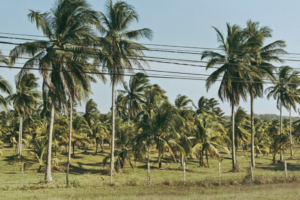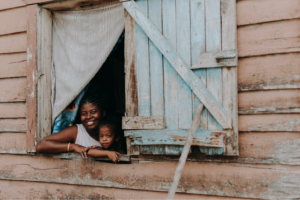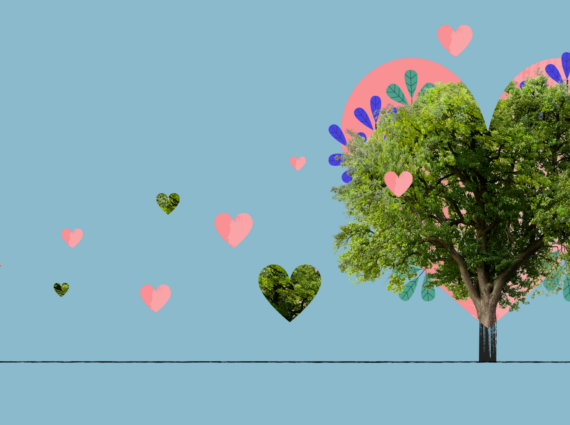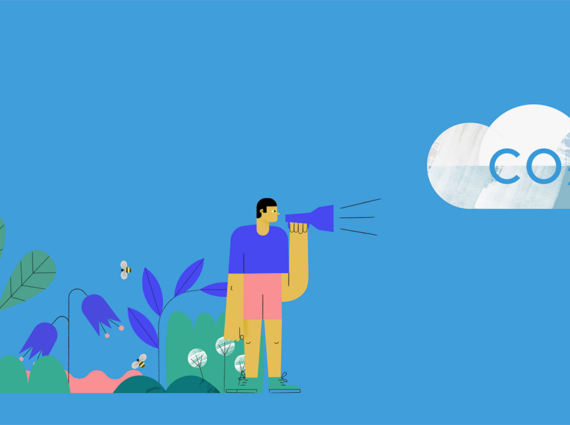TerGo was created to help people understand and reduce their carbon footprint while helping the environment in a way that could only be achieved through a group effort. We began by helping people avoid emissions from entering the atmosphere through making better environmental choices – but we quickly realized the potential of what we could do with supplementing this with other impactful initiatives. One of our first major projects to take shape became setting up carbon offsetting in Belize – and it has so much more of an impact than just offsetting.
What is the TerGo Belize Project All About?
First and foremost, it is about offsetting; we took all the necessary steps to ensure our tree planting was carefully planned and analyzed to make sure we make the most use of the land. Our entire methodology is third-party audited and accredited by the leading verifiers in the voluntary carbon market. This means that our planted forests are capturing as much carbon dioxide as we claim – and you can come see our projects up close and personal if you would like to see for yourself. Additionally, even the way in which we conduct our planting operations is unique: we do it in a way that reduces more CO2 per acre and helps with other needed environmental aspects, such as holistic forest regeneration, regenerating failed farmland, improving biodiversity and soil health, producing fruit for income generation for farmers, and increasing food availability for people in Belize. The key to making all this happen is polyculture planting.
What is Polyculture Planting?
Polyculture planting is typically used in small scale farming where multiple different crops are planted instead of just one. Monoculture crops are typically more widely used, especially for large scale farming and tree planting – this is what you usually see with corn, wheat, palm oil, citrus, or any other area that has trees that all look the same planted in rows. Using polyculture methods, however, the unnatural lines of trees are eschewed in favour of something that more closely resembles how nature intended: trees and plants all mixed together, planted in a way that makes the area look more like a forest or naturally treed area.
The main challenge of this type of planting is that it is takes longer to create and is harder to manage – but the benefits are incredible. It improves soil biodiversity and promotes healthy microfauna biodiversity (a fancy way to describe insects and small creatures), as well as guards against diseases that can quickly and easily spread through monoculture rows. These features make the entire area healthier than traditional monoculture areas, which has a dynamic, incredibly positive impact on the environment. But that’s not all we want to accomplish – polyculture planting also ensures more compensation and benefits for our local partners on the ground.
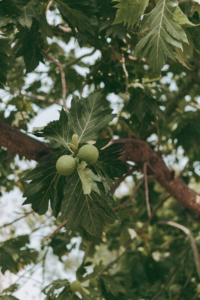
How Does TerGo’s Belize Project Have a Strong Social Impact?
As much as we want to help the environment, we want to help communities and people, creating positive social impacts alongside our ecological ones. This means providing good work opportunities for planters and caretakers, who receive more than minimum wages and are treated as part of the bigger family, as well as providing opportunities for farmers to benefit from producing and selling fruit. Additionally, local communities benefit from reforestation and regenerating farming, as this improves biodiversity and land use, as well as creates economic offshoots, along with increased food availability.
How is the Belize Project Indicative of What TerGo Hopes to Achieve in the World?
Our Belize project is representative of what TerGo is all about: making the world a better place by improving the environment and having a positive social impact with everything that we do. Our unique way of creating this project shows an outside-the-box approach to help reduce more emissions with the amount of land that is available, as well as turning dead farms into fruit bearing, CO2 capturing, biodiversity-enabling areas.
We are proud of how we developed our methodology and how we worked with everyone on the ground in Belize to make this happen – and the best part of all is that you can come see it for yourself! We’re not only about transparency; we want to show everyone how awesome this country is and how great all the people all that we work with – as well as everyone in the communities that are impacted by our work.



